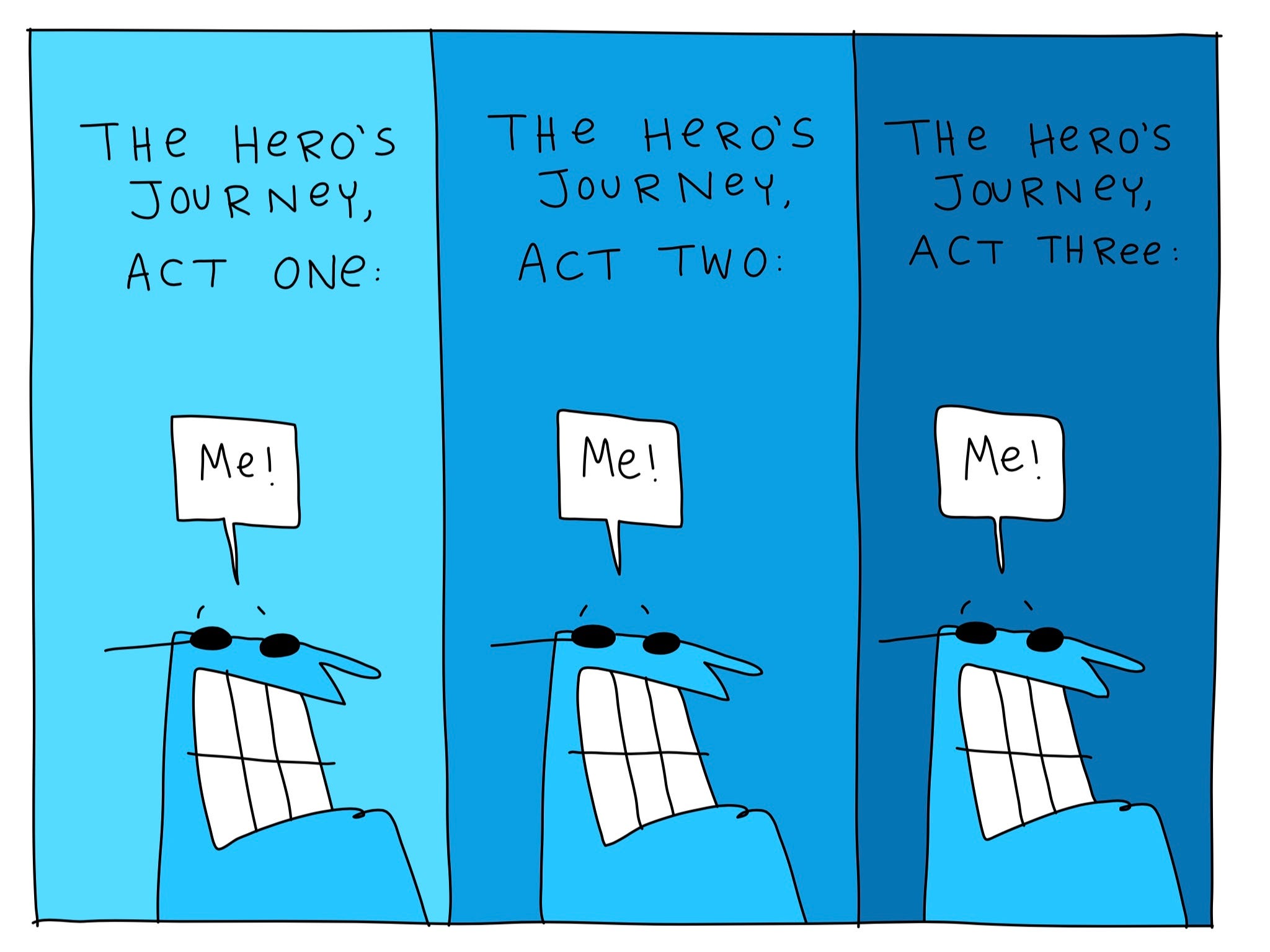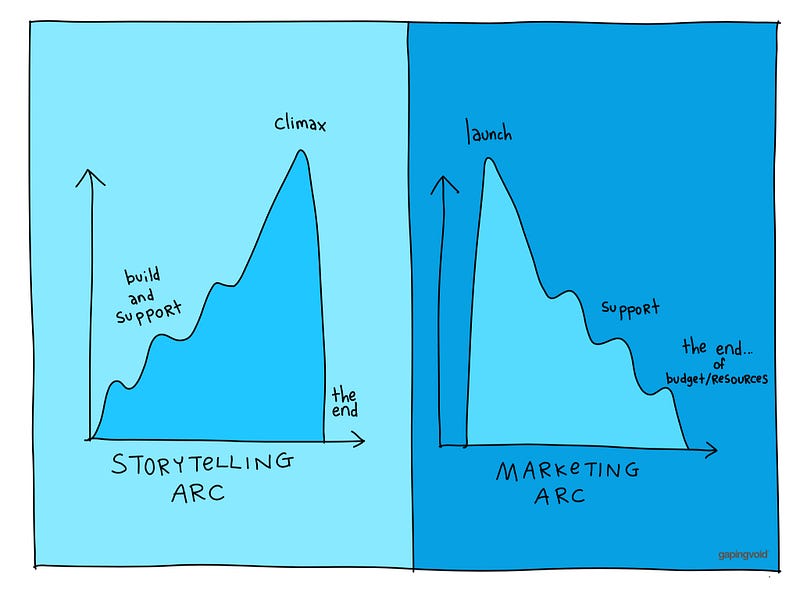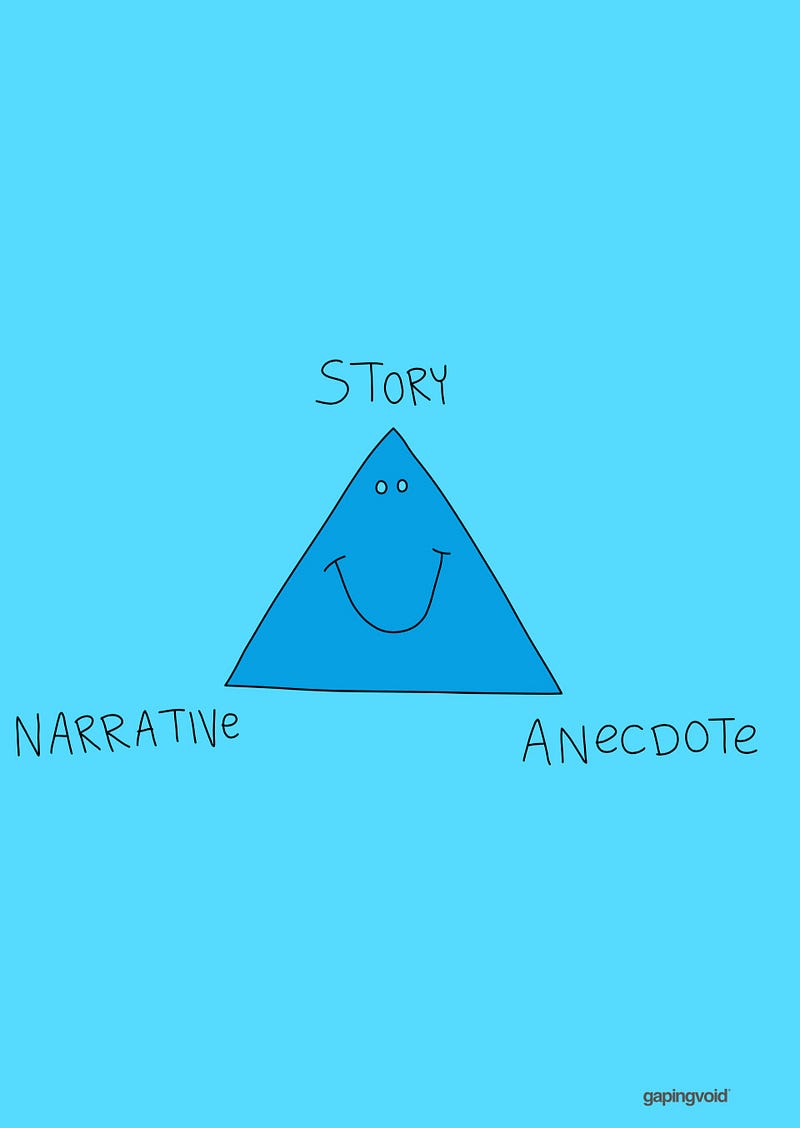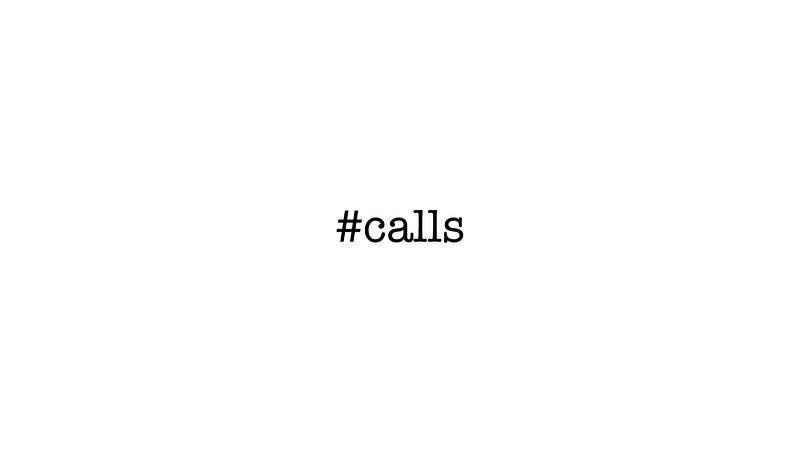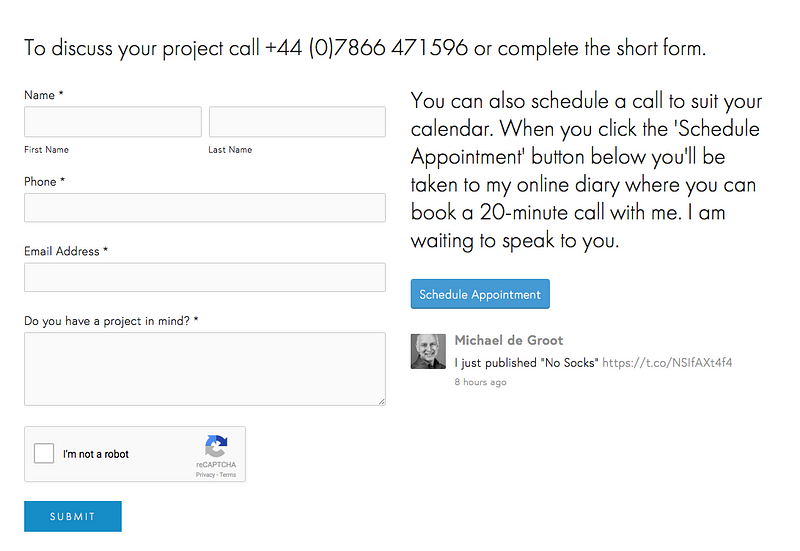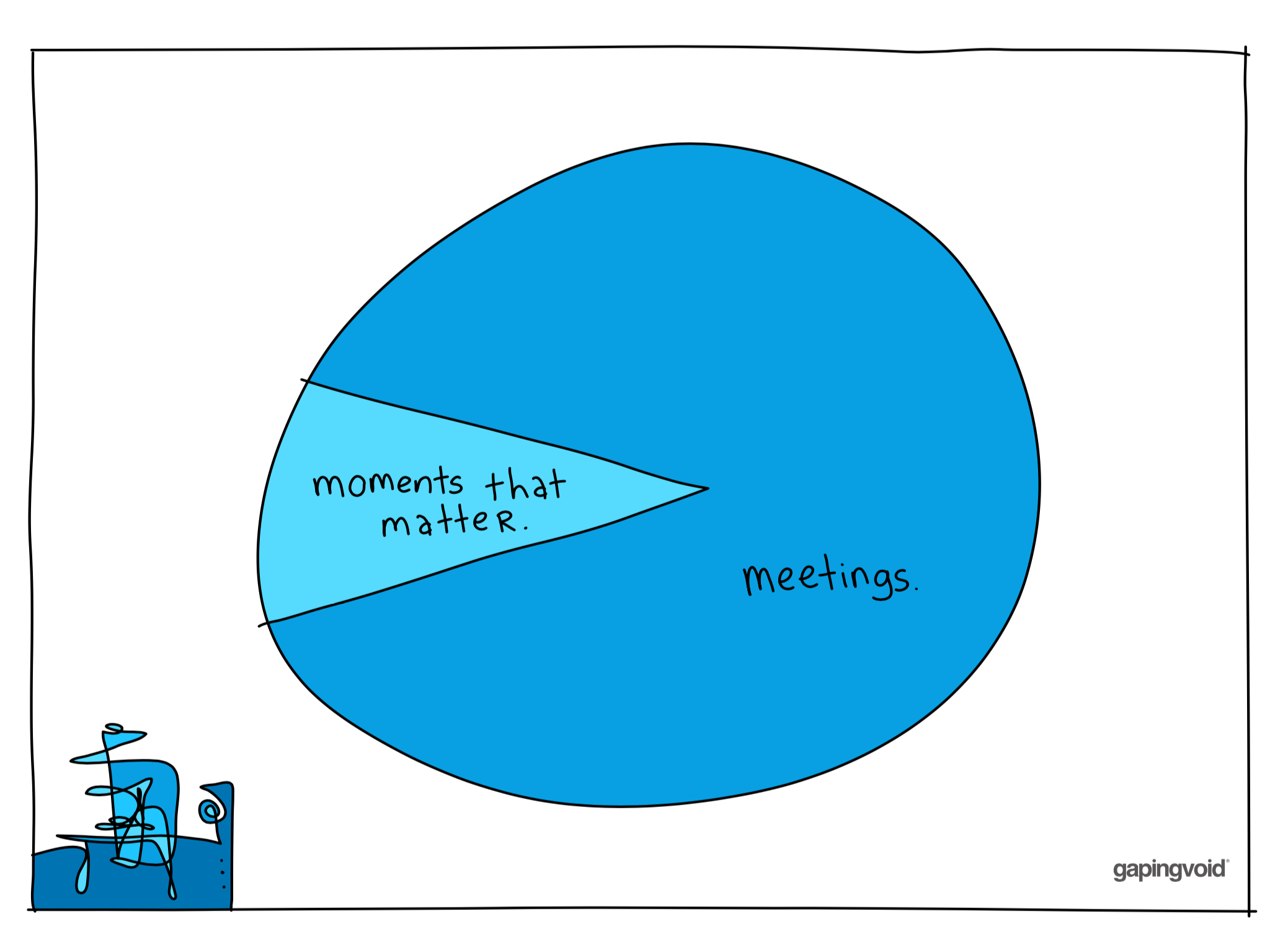
I came across the term ‘micro-moments’ when I attended a talk by Qasim Majid, the CEO of digital agency ‘Wow-Zone’ — https://www.wow-zone.com.
It made perfect sense to me at the time. According to Google ‘Micro-moments’ are critical touch points within today’s consumer journey, and when added together, they ultimately determine how that journey ends.
You can download Google’s e-book on the topic here: https://styin.me/2P9uzoF
We hear a lot these days about being in the moment, instead of living in the past or future but very little is discussed about those ‘micro-moments’ in marketing. Nowadays we are so addicted to our mobile phones, surfing the web and social media channels, whilst also communicating via text with our business colleagues and loved ones. This means we are absorbing tiny (micro) bits of content in split second increments because we jump from app to app, experiencing a ton of distractions along the way.
So how do we capture the attention of those micro-moment actors?
Only by knowing what they are actually searching for or even having some insight into their habits, their dreams and desires.
That’s why Amazon are so incredibly successful, they already know and can deliver the right messages with incredible accuracy. How many times have you bought something from Amazon and wondered afterwards why you actually bought it. Was it because they suggested it or was it because you did actually need it? Probably the former.
It’s a never-ending puzzle for marketers to solve.
Happy creating!
